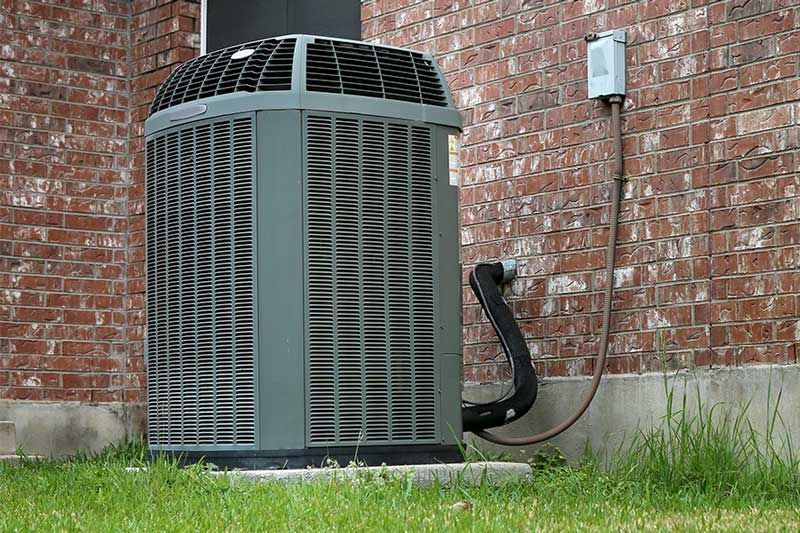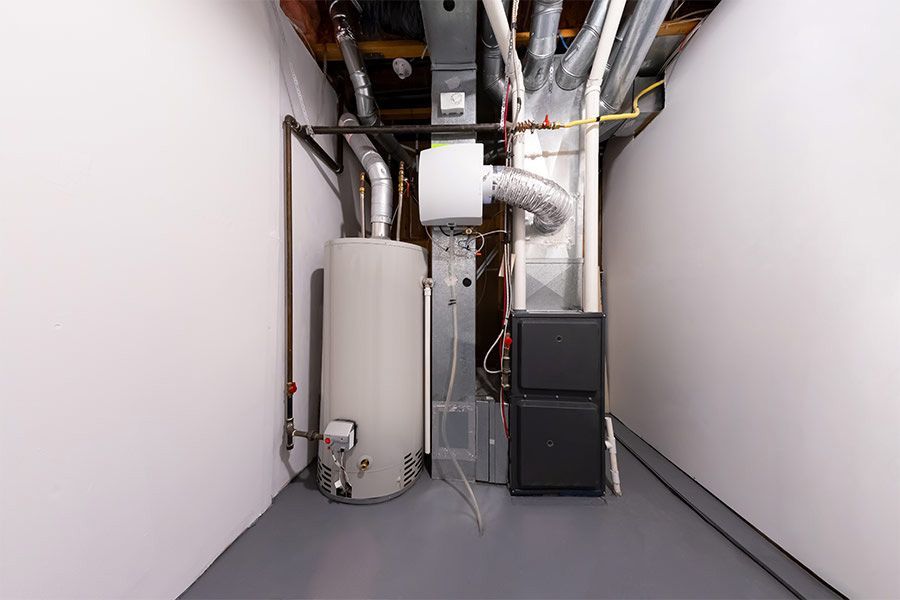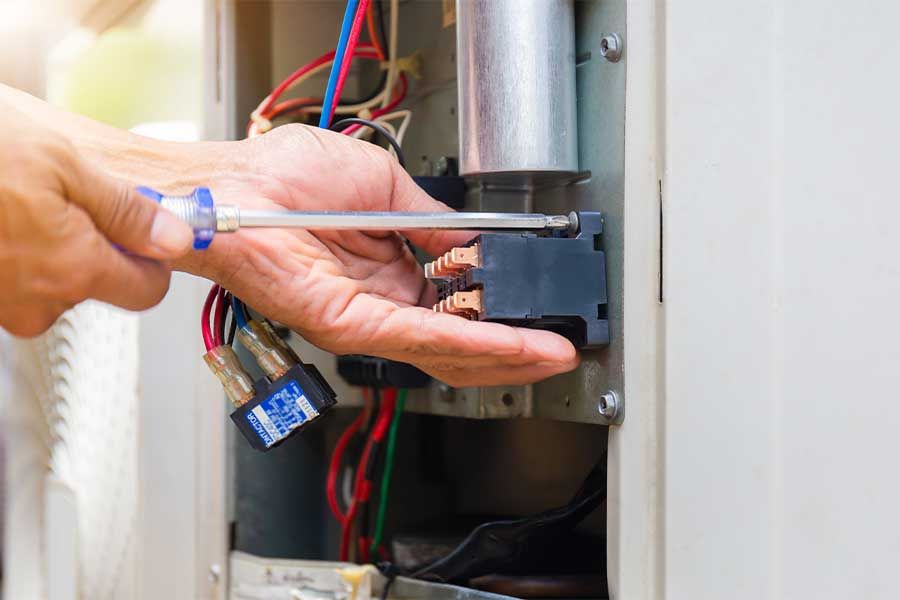What Do Air Quality Sensors Measure?
Air quality measurements for indoor environments are a key to safety, as they measure all types of dangerous and unhealthy particles and gases in the air. With data from air quality sensors, you’ll know when to call an HVAC company for indoor air quality services like air purification systems, humidifiers, and dehumidifiers.
But what’s actually going on inside sensors that track air quality? What do air quality sensors measure?
When you need indoor air quality services in Port Washington, call our team at Professional Services at 262-214-5548. We can answer your questions about air quality sensors and install, repair, and maintain your AC to improve your air quality!
What Air Quality Sensors Measure
When you look at an air quality sensor, it doesn’t seem to be doing much: there may be blinking lights or a digital readout, but it may not seem to be actively working. It can be hard to figure out what they’re doing and how they’re working on looks alone.
What do air quality sensors measure? By taking in the surrounding air and analyzing it, air quality sensors measure a variety of unhealthy particles, toxins, and harmful gases, such as:
- Nitrogen dioxide
- Particulate matter
- Nitrous oxide
- Carbon monoxide
- Sulfur dioxide
The sensors measure for these pollutants to give a reading of each per cubic meter, which helps professionals determine whether the local environment is having pollution problems.
Air Quality Is a Safety Issue
Air quality sensors are always on and always monitoring, which is one of the best defenses you have against pollutants and contaminants.
Newer, low-cost sensors have revolutionized the air quality measurement and improvement industry by making it possible to do air quality monitoring on an extremely local, even personal, level. That means addressing the gases and other pollutants in your home.
A carbon monoxide monitor, for example, is a kind of air quality sensor you probably already have in your home.
Sensors use lasers, cameras, and even microphones to gather their data. These devices are all important because they can keep your home safe. Personal exposure to unclean air, whether in the outdoors, at home, or at work, can be dangerous and often illegal, air quality detection isn’t just nice to have; it’s a life-or-death issue in some places. This is why scientists and makers continue to evolve the technology.
Technological Advances in Air Quality
Air quality sensors haven’t just gotten smaller; they’ve gotten better. In the past, satellites alone measured air quality, which wasn’t helpful for ground-level pollution. Even today, satellite-based sensors only measure:
- Ozone
- Sulfur dioxide
- Nitrogen dioxide
- Formaldehyde
- Particulate matter
- Carbon monoxide
Now, more widespread monitoring on the ground level can allow officials to address air quality issues where they are happening. That means improving health since they can now measure personal and ground-level exposure to poisons and pollutants that the former systems might not catch.
There are also more specialized air quality sensors for different circumstances. A paint shop or factory would need to know how much acetone, thinner, VOCs, and formaldehyde are in the air, concerns you might not have in a house or apartment building. Some smart home devices even combine light and noise sensors to get a full picture of the environment’s pollution.
The Bigger Picture: Using Air Quality Sensor Data
Pollution can be a global phenomenon, but its effects are also personal. By monitoring on a house-by-house basis, local neighborhoods or rural areas can now have advance warning of pollution problems when they’re beginning. By working together with satellites and other large-scale sensors, scientists and regular civilians alike can be part of the process of making our world better.
Of course, all this extra monitoring produces data that sensors collect, and scientists and machines analyze, presenting new challenges to the industries and government bodies that rely on that data to make decisions about health and safety.
Data Collection: How Air Quality Sensors Work
Every air quality sensor, big or small, produces its own measurements and expresses them in its own way. Most air sensors work by
- Taking in a small amount of air
- Running algorithms to determine the number of particulates in the air
- Storing the data internally
- Preparing the data for upload and analysis.
That data is only as useful as it is sharable, which means putting big- and small-scale sensors to work in a way that allows them to communicate. As sensors collect readings on the amount of pollution, carbon monoxide, and particulates in the air, they upload and share that data for analysis.
Air Quality Data Analysis
Once the data is collected, it needs to be readable. Every one of those sensors might send out differently formatted raw data, which makes a data mess that doesn’t inform or help anyone. For example, a satellite could tabulate data in a completely different way from the indoor air sensor in your home or business.
Part of the task, then, becomes creating a standard that all the sensors can share so the same information is relayed in the same way by each of them. Datasets have to be stored, managed, and sometimes manually reformatted to create an apples-to-apples comparison.
Experts have a large amount of data to work with, given how many sensors are already operating on small and large scales. Those findings can then be passed to scientists, law enforcement, and government offices to determine how best to help create an environment with safe, clean air.
Call Us for Indoor Air Quality Services
If you’ve got poor air quality in your home and can’t solve the problem on your own, have no fear, Professional Services has been here to serve the entire Port Washington area since 2007 with HVAC services you can rely on. We can discover the cause of your AC issue or poor air quality and fix it.
Are you wondering, “What do air quality sensors measure?” Do you need an HVAC expert to call for AC or air purifier maintenance? Call Professional Services at
262-214-5548
for air quality services in Port Washington.
You might also like







